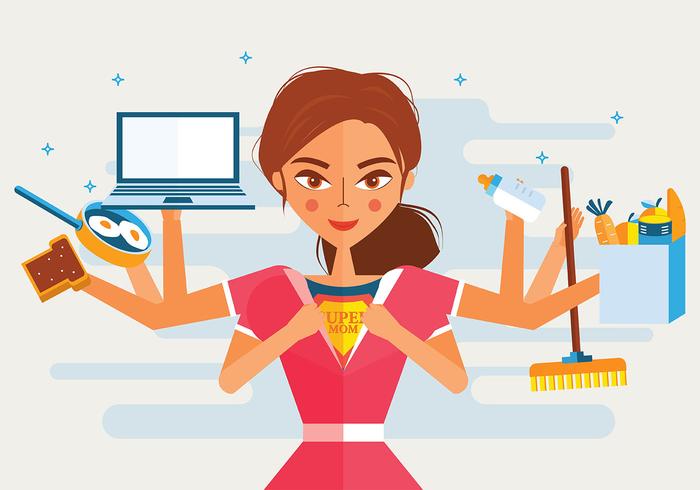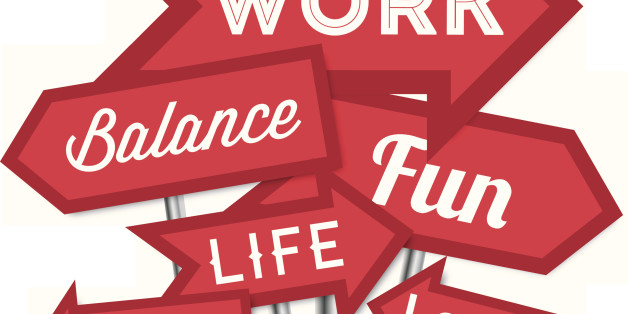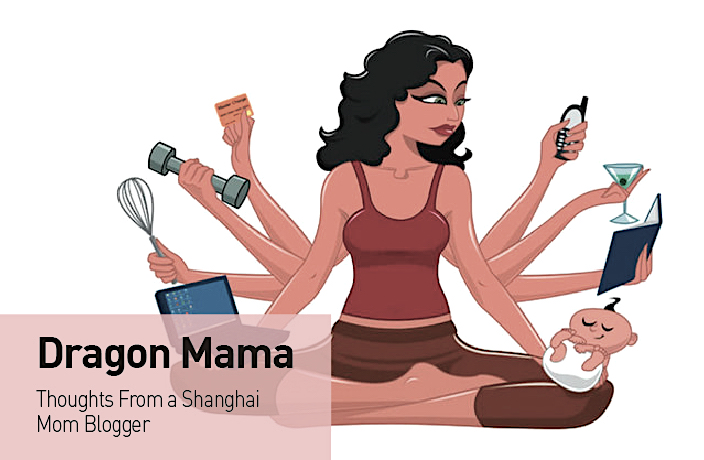Don’t you just envy women who seem to have it all? Looks, financial stability, a career and also a great family life with their kids. How do they do it? According to recent politics in New Zealand, the answer is ‘they can’t.’ The country is ablaze over the debate as to whether the new Prime Minister (PM), Jacinda Ardern, should be ‘allowed’ to be pregnant after taking office in October 2017. As the world’s youngest female head of state at 37 years old, she found out she was ‘in the family way’ six days before her PM elect announcement, but only recently revealed her pregnancy. Public opinion is split, with people thinking this is either deceitful or wonderful.
Why? I guess there are overlapping issues; the first is the public versus private sphere of a politician’s life, and the other is ‘how dare she be pregnant when she knew she was running to be PM - she will not be able to do her job properly as a new mother.’ It is this debate that intrigues me.

In 2016, Icelandic MP Unnur Brá Konráðsdóttir breastfed her baby ‘like a boss’ (the Huffington Post reported), when she was called to defend a bill at the pulpit. She told the press being a mother is like any other job ‘you got to do what you got to do.’ In May 2017, Australian Member of Parliament Larissa Waters made history, when breastfeeding her 2 month old in parliament after Australia changed their laws. So, Ms Adern’s role won’t be unprecedented in politics, except she’s also the head of state. I think the outrage centers on the fact that she can’t ‘have it all,’ trying to undertake two jobs, that individually demand 100 percent of a person.
But, what does ‘having it all’ even mean? The phrase could be a giant misunderstanding, becoming popular in 1982 due to the best seller Having It All: Love, Success, Sex, Money Even if You’re Starting with Nothing. The book’s author and editor of Cosmopolitan magazine, Helen Gurley Brown, didn’t have children and wanted to encourage women to excel despite humble beginnings, but her publishers titled it this way, for marketing reasons. Feminist scholar, Ruth Rosen, says it was then that the phrase gathered cultural momentum, becoming shorthand for having kids and a career. It is almost out of context. Now, working mums in the 21st century, including Anne-Marie Slaughter (international lawyer and political advisor), have been writing more realistically about this issue and gender equality. She and others say sure, you can ‘have it all,’ but you need a kick-ass village to support you (which, incidentally Ms Ardern has). You have to outsource to nannies and/or have a stay-at-home partner, or one whose career isn’t as demanding as yours (cue Ms Slaughter). So sure, have your career, but someone else has your parenting back.

So then is it really ‘having it all?’ I admit I have career-envy with some of my friends who pursued our profession when I gave it up, but I also see the trade-offs. For example, they have less time ‘being’ with their kids, instead of just the ‘doing.’ For some, it is not even a choice given the cost of childraising can be astronomical in some countries, and not ‘having it all’ is the luxury.
Last year, I read about a lady in Shanghai who was a successful management consultant and had three children in her late 30s to early 40s. She then took on a less-demanding job and said she was one of the lucky few to ‘have it all’ – but not at the same time. Her career satisfaction happened before kids, and now she is able to enjoy them. This week, the timing thing has never been truer for me. I was unexpectedly without my ayi and husband at the same time, and had to keep to deadlines. My 2 year old drank bubble fluid and my 8 year old forgot her snack box, while I was absorbed in research and typing.
So I don’t know about Ms Adern, but I certainly didn’t ‘have it all’ this week – at least not at the same time!
[Image via vecteezy.com and huffingonpost.com]
For more Dragon Mama, click here.



















